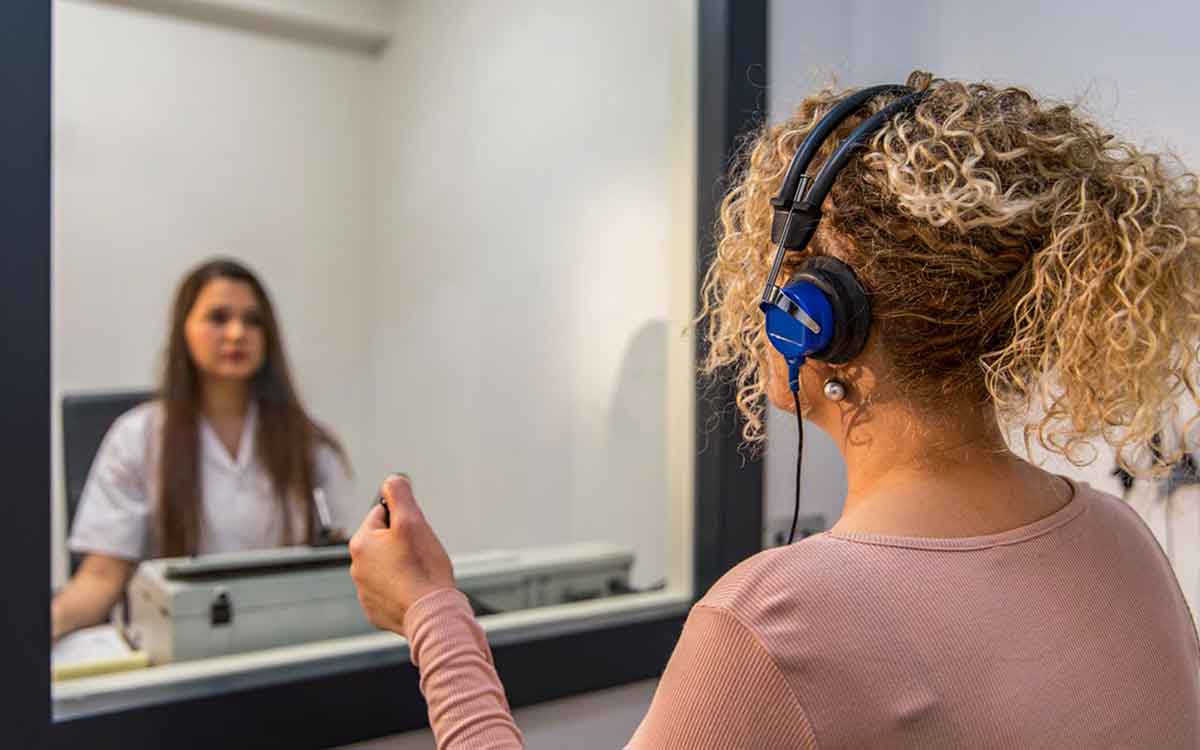
When should you get a hearing exam? Here are a few indications that reveal you should get your hearing tested.
The other day, my kids complained about how loud my television was. Do you know what I said to them? I said, “What?!” It was funny because it was a joke. But there’s nothing comical about neglected hearing loss. The volume of the TV has been increasing. And I began to wonder: Should I get a hearing exam?
There’s no good reason to avoid scheduling a hearing test. They aren’t invasive, there’s no radiation, and you don’t have to feel uneasy about discomfort. You just need to take a brief moment to book an appointment.
Given the considerable impact that neglected hearing loss can have on your general well-being, it’s crucial to be proactive about monitoring your hearing.
Indications you should get a hearing test
If you’ve recently noticed any symptoms of hearing loss, it’s probably a good plan to get a professional hearing assessment. If it’s difficult to hear, it likely means there’s substantial hearing impairment.
- It’s hard to hear in noisy venues: Have you ever been to a crowded or noisy space and had trouble following the conversation because of all the background noise? That might be an indication of hearing loss.
- People always seem to be talking unclearly: The issue might not always be volume but rather definition.
- You frequently miss text messages: Your phone is intended to be attention-grabbing. If you regularly fail to notice incoming calls or texts, the issue may be that you’re not able to hear them.
- Persistent ringing sound: A constant sensation of ringing in your ears, knowned as tinnitus, is often a sign of damage to your hearing.
Here are several other situations that suggest you should schedule a hearing assessment:
- Your ear is still clogged following an infection
- Surplus earwax has accumulated and can’t be eliminated by self-cleaning approaches
- Medicines you’re taking may be damaging your hearing
- Determining where sounds are originating from can be difficult
- You’re experiencing balance issues
Regular checkups
But what if you haven’t recognized any of these signs of hearing loss? Is there a criteria for how frequently you should have your hearing checked?
- It is encouraged to have a baseline test carried out after reaching the age of 21.
- If your hearing is normal, get hearing screenings every three years.
- If you show signs of hearing loss, get it checked out right away and then annually after that.
Regular screenings might detect hearing loss early, before any symptom are obvious. The sooner you get treatment, the better you’ll be able to maintain your hearing over time. This means you should probably turn your TV down and set up a hearing test.